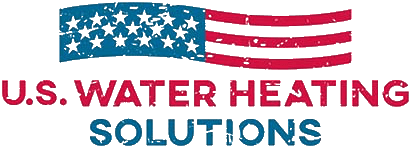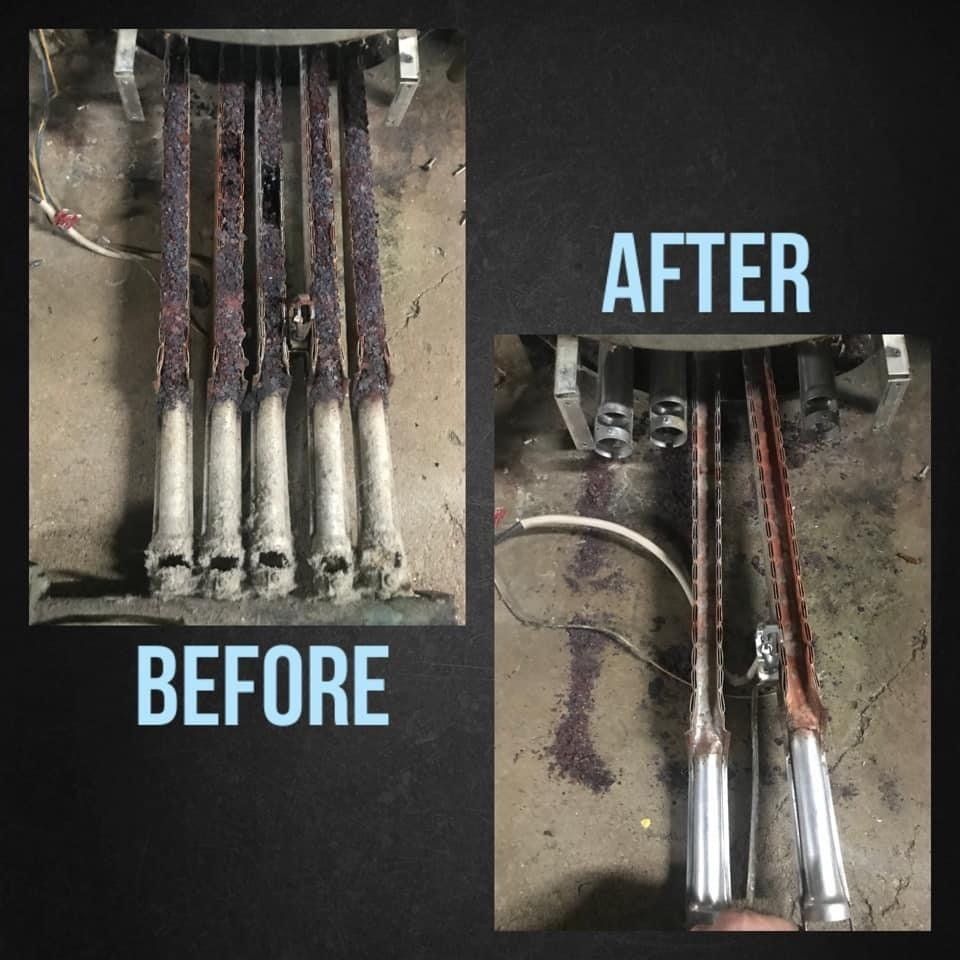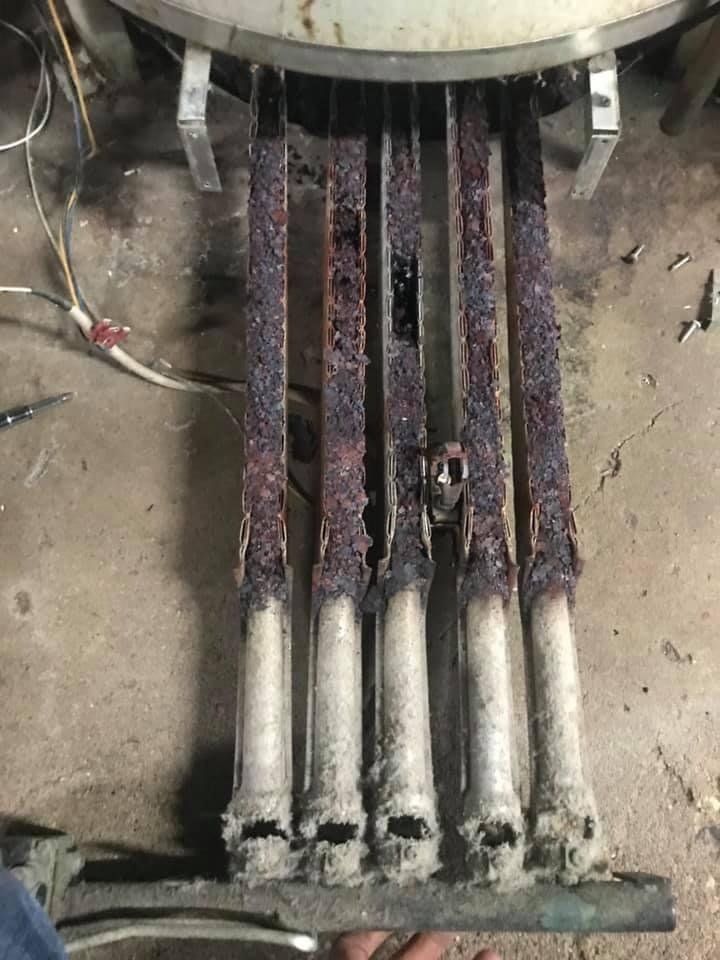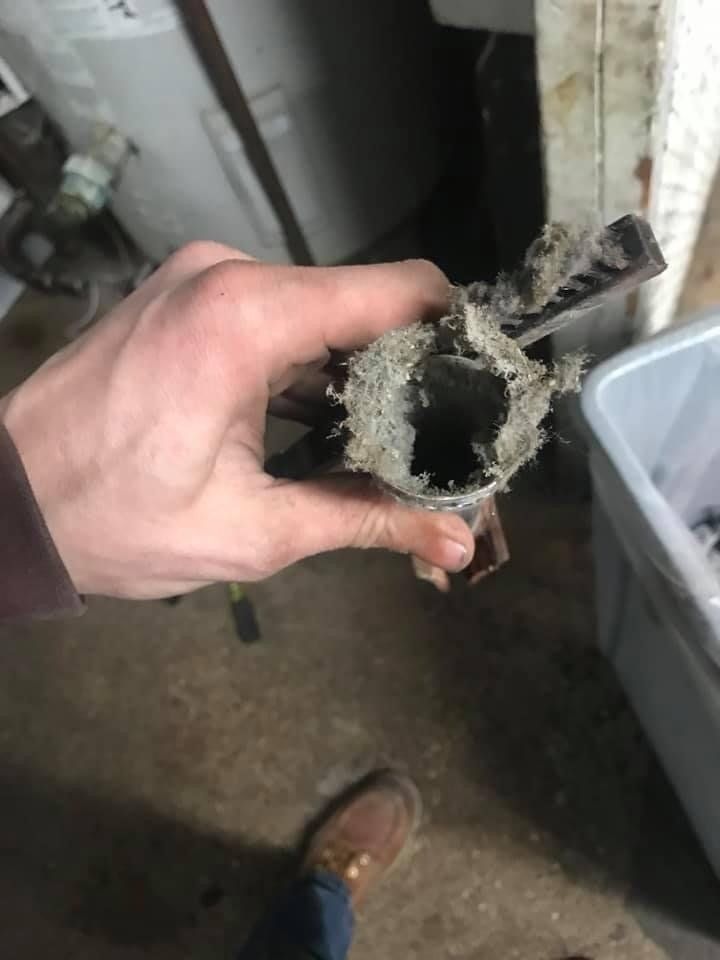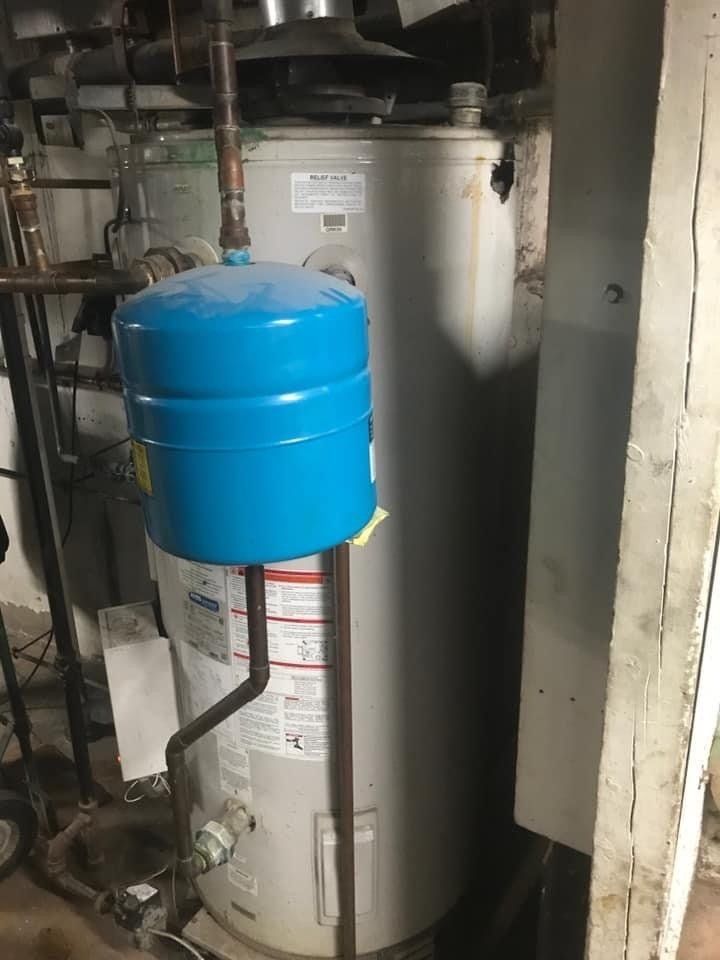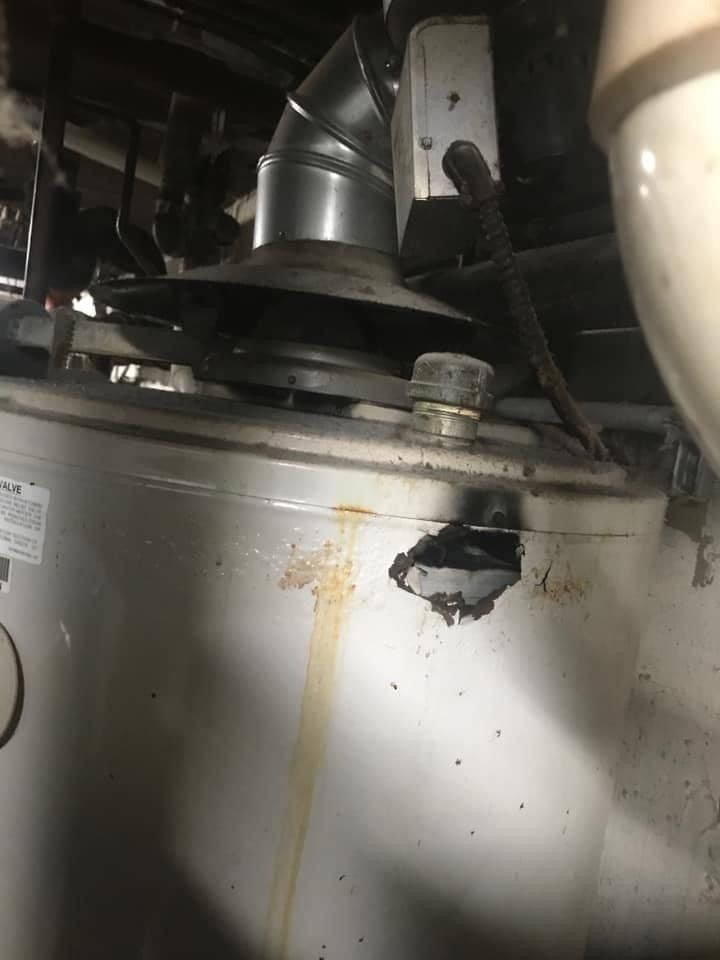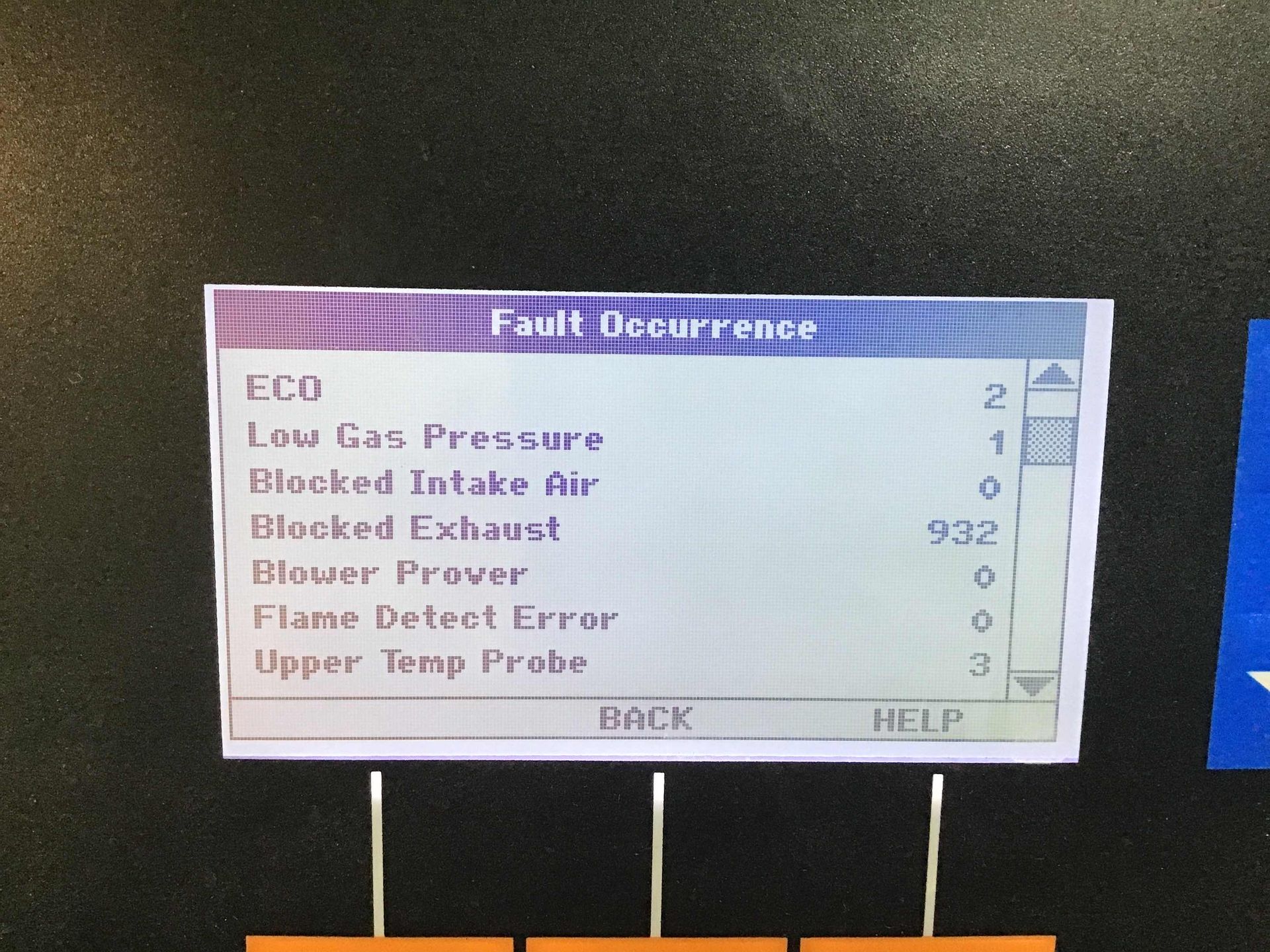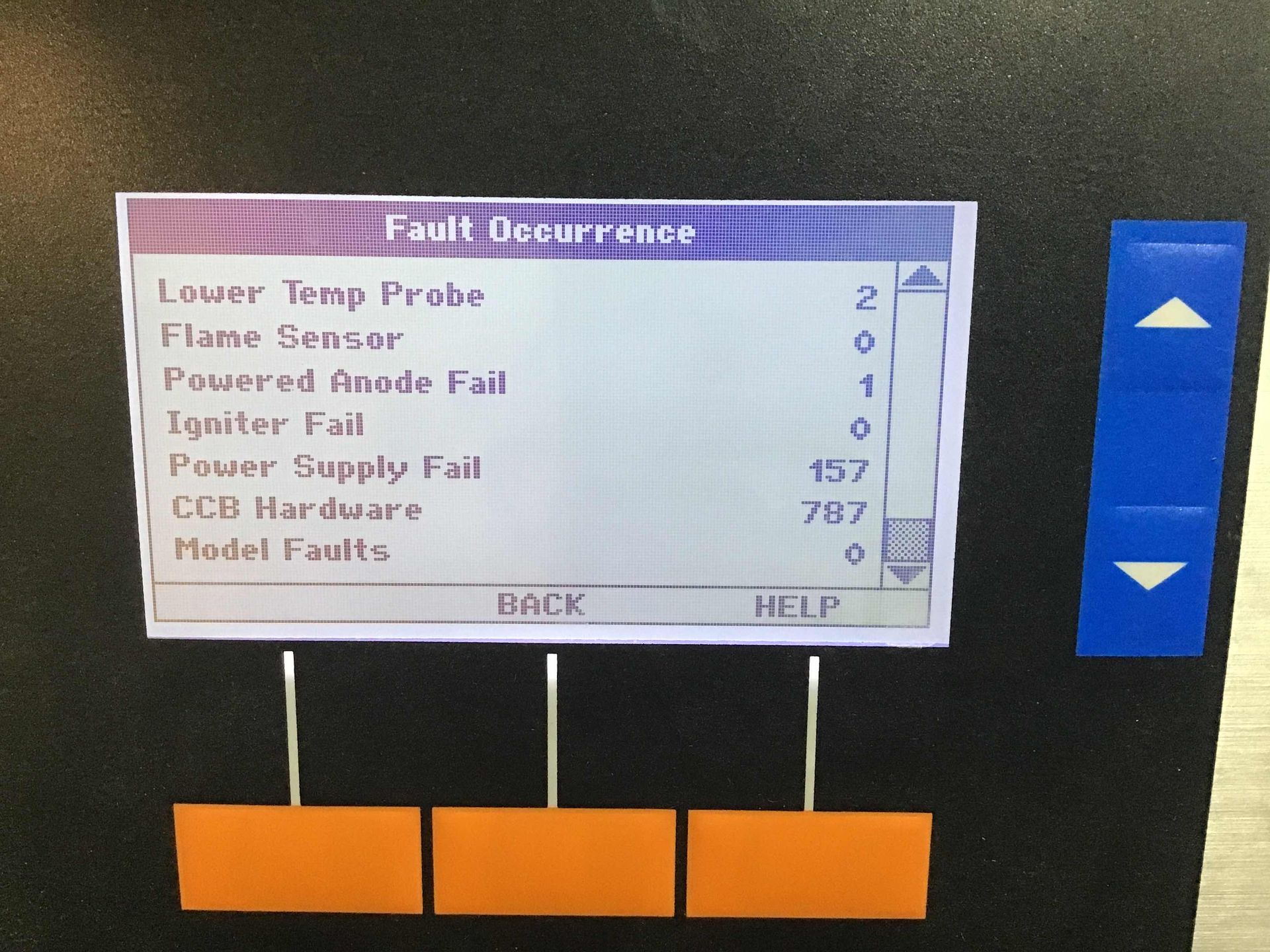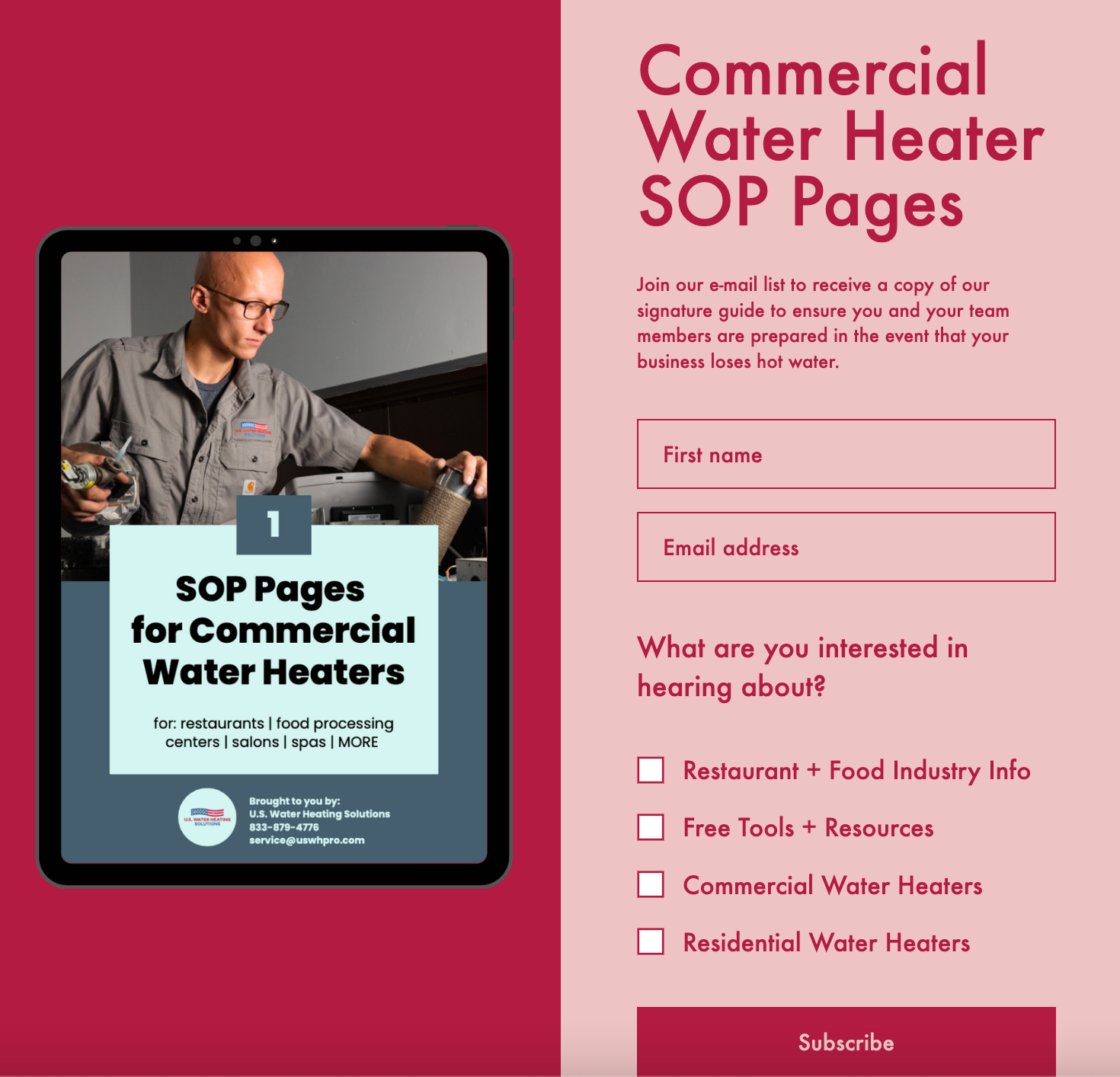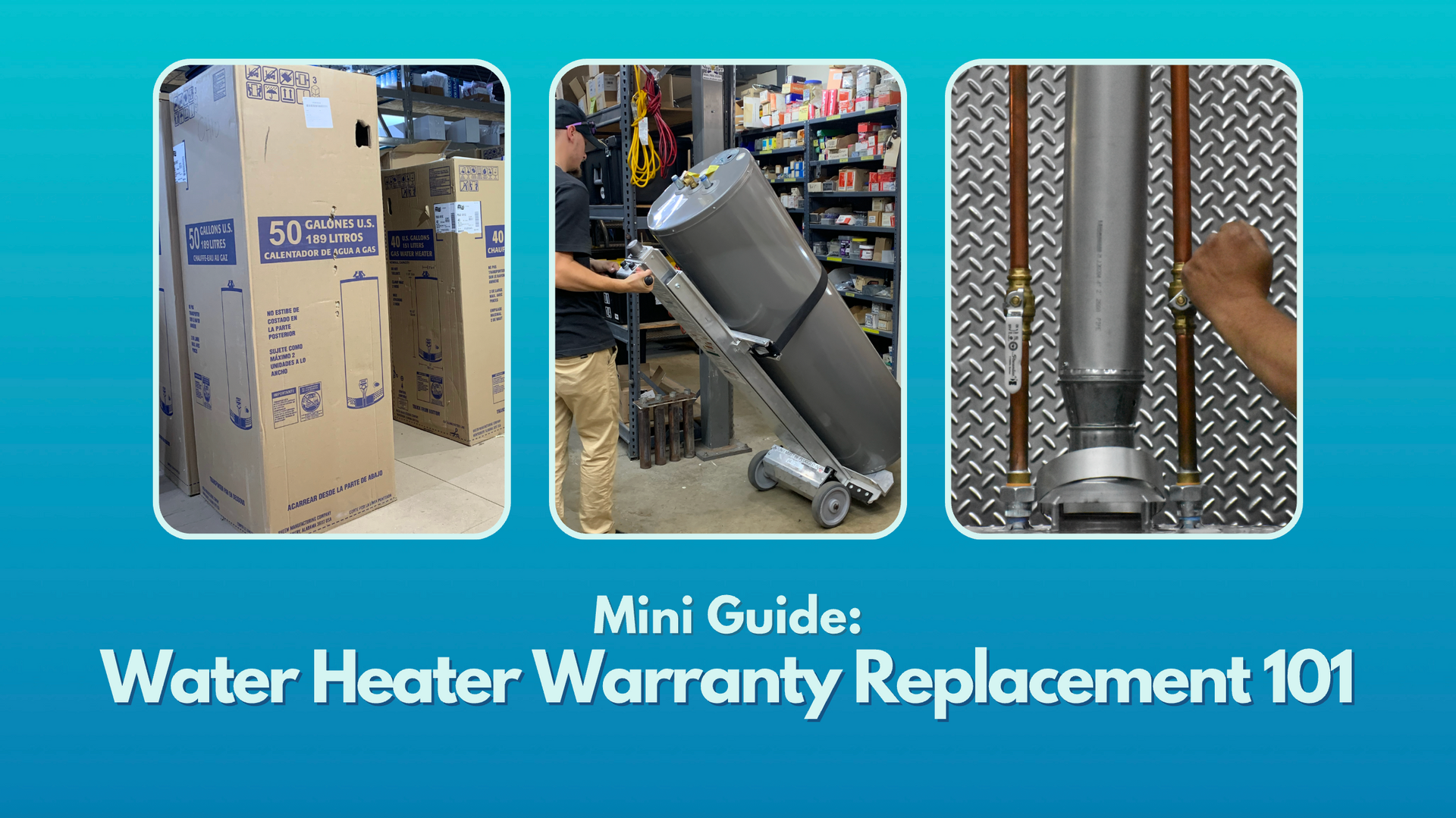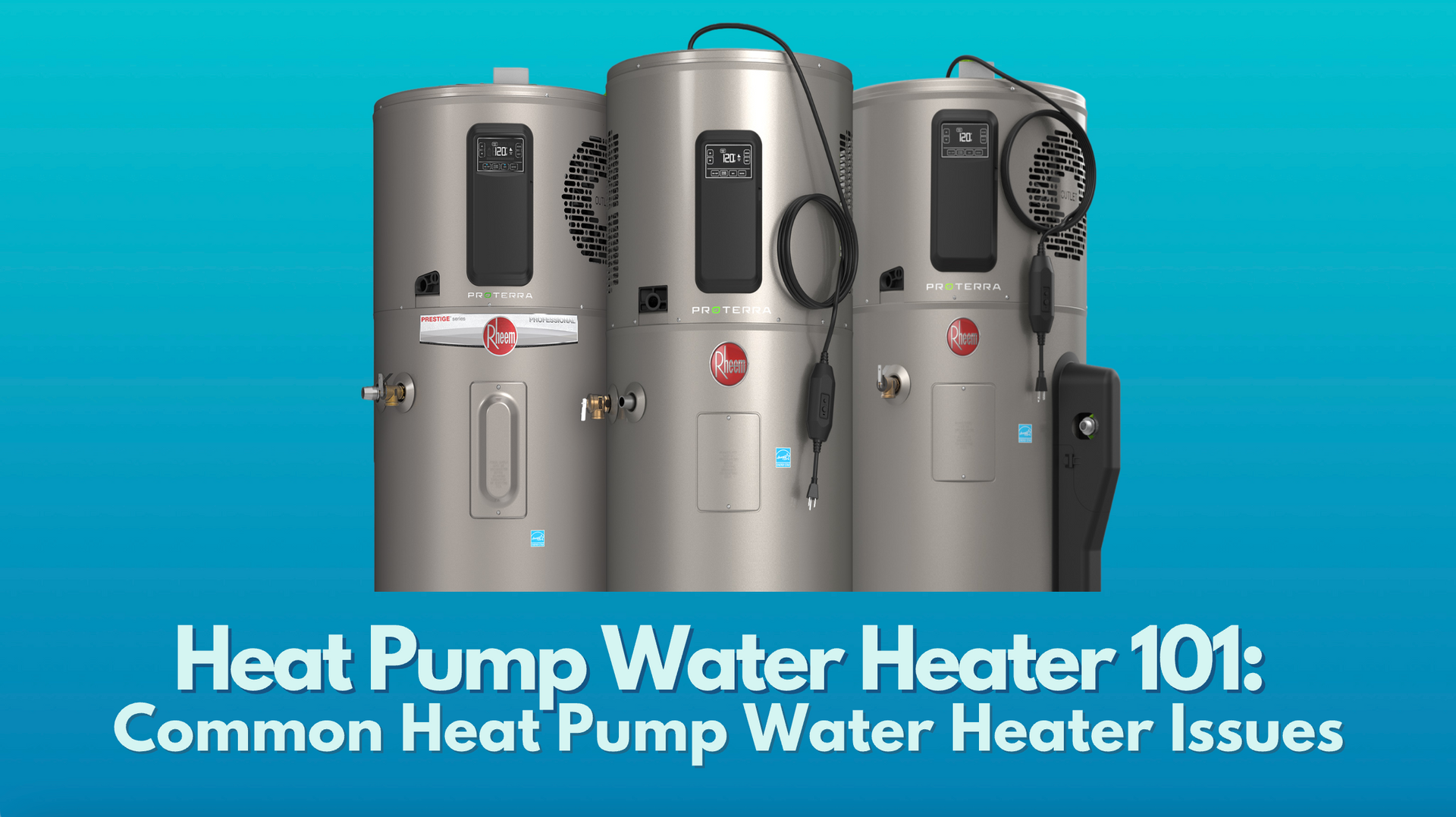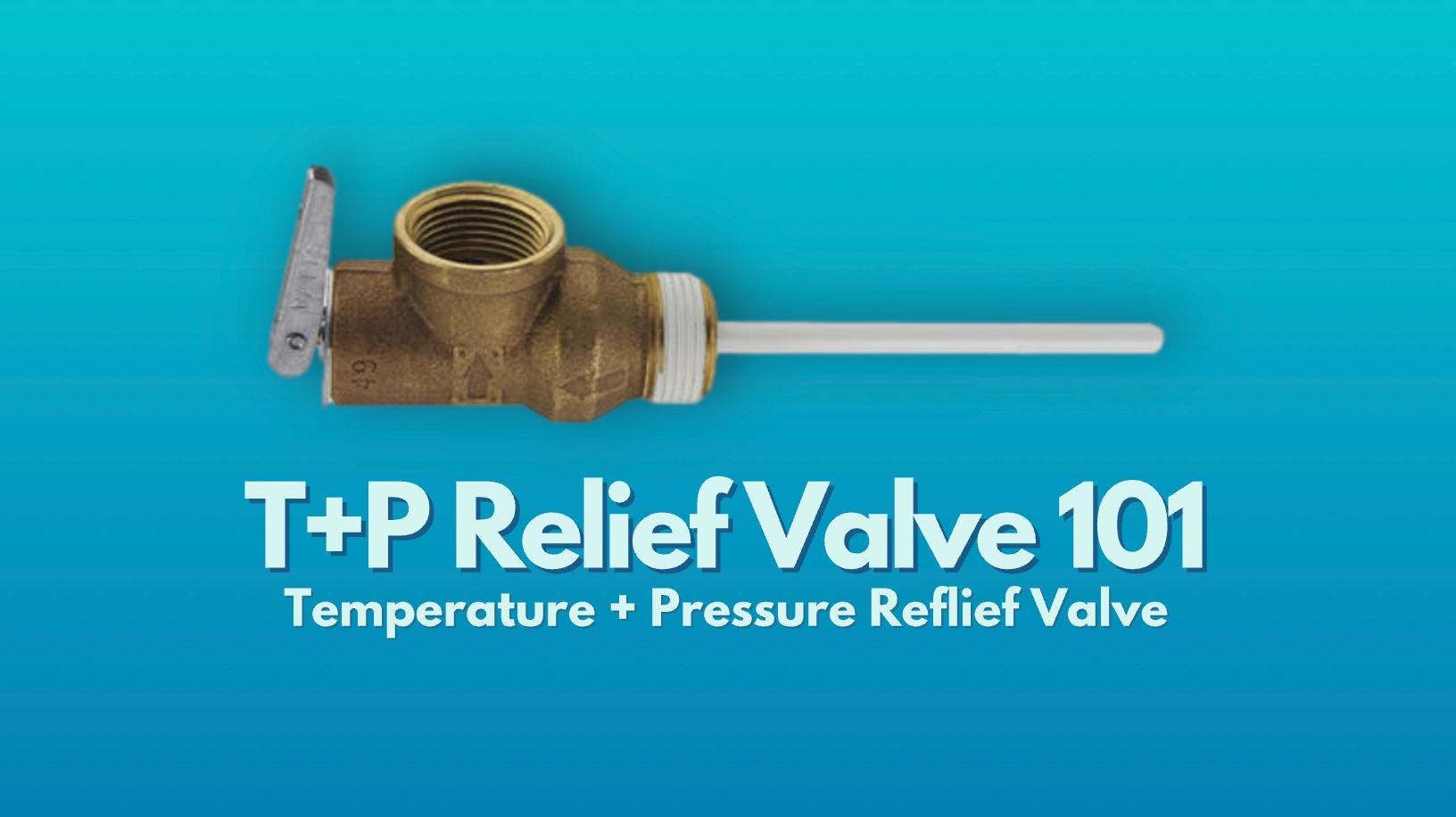Water Heater 201 | Exploring the Value of Preventative Maintenance in the Food Industry
Last Updated: June 21, 2023
PM 201 | Why Water Heater Preventative Maintenance is Valuable in the Food Industry
What is water heater preventative maintenance?
Preventative maintenance is an annual (possibly biannual or even quarterly in some rare instances) pre-planned maintenance appointment. Technicians will typically:
- Inspect the unit
- Perform a damage and leak assessment
- Perform an electrical operations check
- Inspect parts
- Clean or replace parts
Why is preventative maintenance important in the restaurant and food processing industry?
Water heaters are the secret lifeline of the food industry (after the valuable team members and food production companies, of course). Without hot water required for proper hand washing and sanitization, your restaurant or food processing plant maybe be awaiting an unexpected loss of revenue and overhead costs: from providing customers with free meals or gift cards as compensation to costly emergency repair or replacement, sending team members home early, and even being at risk of health code violations upon inspection or report of hot water loss to the municipality's department of health. In extreme cases, prolonged lack of hot water in food establishments can even result in the revocation of their business license! Since it's important to be aware of your water heater's functionality and municipal health code requirements, let's see an example...
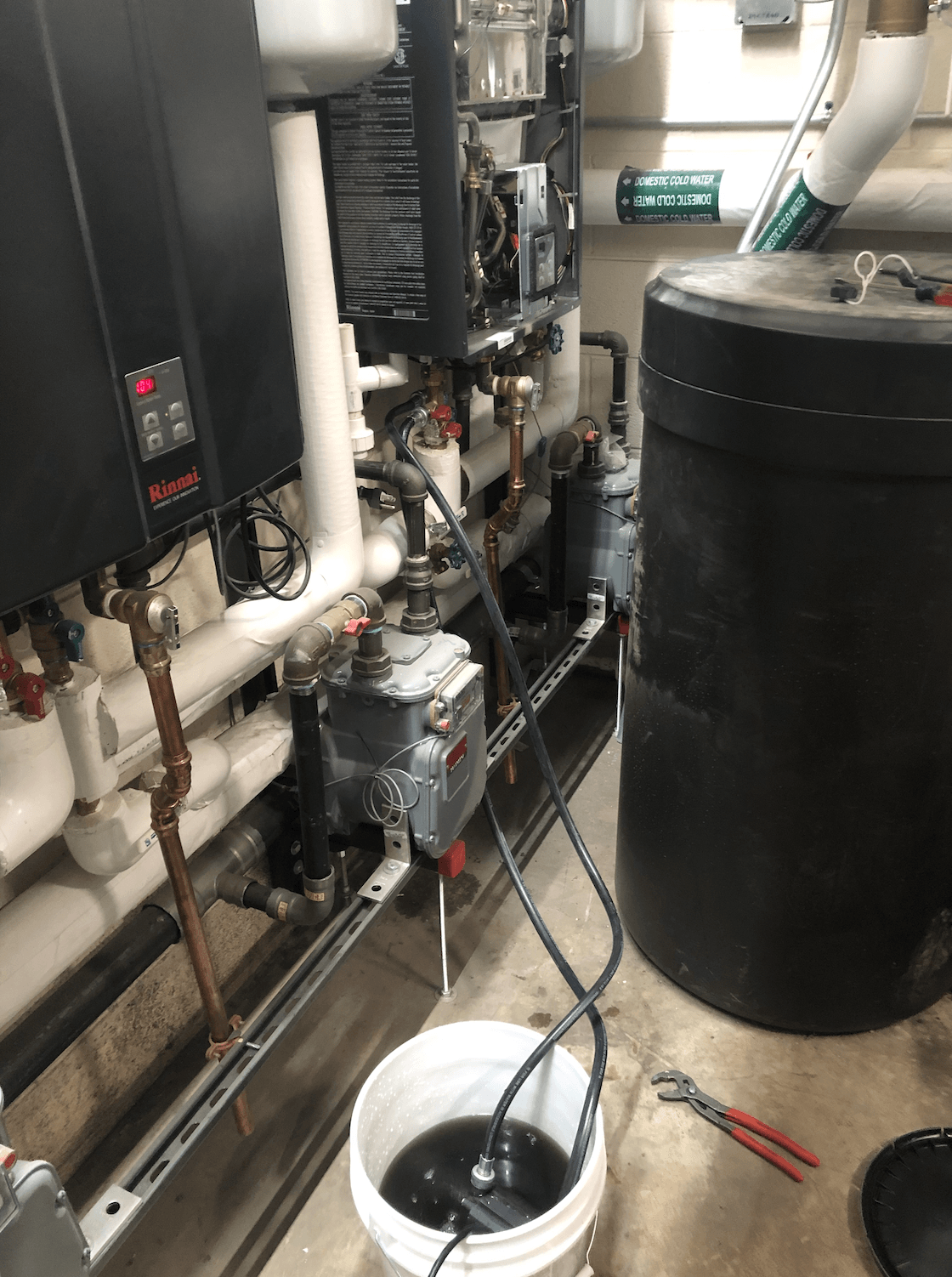
Example of a Preventative Maintenance Flush on Rinnai Tankless Water Heaters
Chicago Health Code Requirements for Hot Water in Food Establishments
Below are some excerpts from the City of Chicago's Health Code requirements for hot water in food establishments:
- Lack of hot running water is considered a Priority Violation
- "Priority violations create an immediate health hazard that carry a high-risk of causing food-borne illness. Priority violations must be corrected immediately; if they cannot be corrected immediately, the license will be suspended, and the food establishment must close. Once the violations are corrected, the food establishment operator must sign an affidavit stating the violations have been corrected, and schedule a follow-up inspection All violations must be corrected in order for the establishment to reopen" (City of Chicago)
- If your establishment has a Liquor License (regardless of whether you sell food):
- "[The licensee] shall keep and maintain the licensed premises equipped with hot and cold water and adequate washing and sanitizing facilities for the cleaning of glasses and service utensils, shall provide adequate toilet facilities, and shall comply with the health and sanitary requirements of the Municipal Code of Chicago and the rules of the Department of Health" (City of Chicago Municipal Code, §7-38-065, p. 34)
- If you are a mobile food dispenser (i.e., food truck) that:
- "engage[s] in a final preparation step [... your vehicle] shall be equipped with a hand washing sink and an adequate supply of running hot and cold water. The water storage tank shall be self-draining and cleaned and flushed not less than twice in each six-month period" (City of Chicago Municipal Code, §7-38-132, p. 40)
Reactive Maintenance in the Food Industry
In our experience, reactive maintenance (i.e., leaving the water heater unmaintained until an issue occurs) is one of the top contributing factors to our food industry clients' emergency water heater replacement; not only is this inconvenient, but also results in unexpected business expenses.
We have seen numerous clients in the food service industry lose revenue, receive municipal health code violations, and experience the financial burden of unexpected emergency repairs. As a result, we even wrote a
short article in collaboration with Food Industry News because we're just
that passionate about Preventative Maintenance Services (a.k.a.
PMs). Developing a preventative maintenance program is an easy way to invest in the longevity of your restaurant, food packing plant, or food processing plant.
Benefits of preventative maintenance (proactive maintenance):
- Decreasing the risk of emergency repair
- Finding and repairing previously unnoticed issues
- Increasing equipment life expectancy
- Increasing energy efficiency
- Improving building and equipment safety
- Providing you with peace of mind
- Maintaining your commercial water heater or boiler's warranty*
- *In some instances, proof of preventative maintenance may be required by your unit's manufacturer to file certain types of warranty claims
REAL TALK: THIS WAS A RESTAURANT'S WATER HEATER WHEN THEY CALLED FOR PREVENTATIVE MAINTENANCE
Here's an example of reactive maintenance. Take this set of swordfish burners on an A.O. Smith BTR unit at a restaurant we serviced: before maintenance, they were filled with dust and rust particles, hinting that there was a greater issue with condensate dripping down into the burner tubes... During the restaurant's preventative maintenance service, the technician was able to clean the burners so that the unit was able to operate as efficiently as possible, but also discovered a previously unnoticed hole in the side of their unit; had the restaurant partook in a regular maintenance program, these issues would have been diagnosed sooner.
Properly Sized Commercial Water Heating Systems:
An Often Overlooked Issue That May Be Diagnosed During Your Preventative Maintenance
More so than residential water heaters, it is essential that your restaurant or food processing plant has a hot water system that is properly sized to meet your hot water needs. Even a smaller dine-in restaurant may need consistent production of hundreds of gallons of hot water for food preparation, dishes, and proper sanitization; in this instance, a small 40 gallon water heater would not be able to meet the demand. Similarly, a food processing plant may need thousands of gallons of hot water to clean the production plant floor on a daily basis; in this case, a single 100 gallon water heater would not be sufficient.
So, what does preventative maintenance have to do with having a properly sized commercial water heating system?
A common issue we find with many restaurants is that they have a single 100-gallon water heater that is supposed to be simultaneously supplying hot water to numerous fixtures; this may not appear to result in an immediate threat to the water heater's functionality, but overuse can lead to premature burnout and replacement. During preventative maintenance service, our technicians will review the fault occurrence or error code history to ensure that all issues have been resolved and to better understand any water heater issues you may be experiencing.
Since most commercial water heaters have a user friendly display screen, they are best know for being self-diagnosing (i.e., if there is an error code it will be clearly listed on the display screen). However, they are also tracking the water heater's usage history.
Each time your commercial water heater ignites, its internal computer system is keeping track and will provide a usage summary; this summary will estimate the number of years your water heater has been in use.
In restaurants, we tend to see units that have an ignition reports that estimate the unit to be double or triple its actual age due to overuse of an undersized water heater. One restaurant client was overusing a two year old water heater so much that the ignition report said it had seven years of use! This client burned through their undersized units so quickly that they had to replace two expensive commercial water heaters less than three years after installation.
Key Takeaway:
Preventative maintenance ensures an experienced individual is examining the efficiency of your business' water heater because fault occurrence histories may be hiding greater issues.
Bottom line: by having regular preventative maintenance, you can also ensure that your water heater is not being overworked to meet your business' hot water needs.
Ready to Start Thinking about your business' commercial water heater? Start here with our SOP Pages.
Whether you are ready to commit your business to a preventative maintenance contract or are still deciding if there's room for annual maintenance in the budget, you can still be proactive about how your team approaches loss of hot water:
- Click the link button below and subscribe to our e-mail list
- Receive a copy of our free commercial water heater SOP pages
- Click the link to our Canva template and customize your water heater SOP pages by following the prompts
What SOP prompts are inside the guide?
- Internal water heater repair delegation: decide which team members are responsible for
- Documenting basic information for your water heater: location, model number, serial number, and more
- On site logistics for service providers
- Tips for requesting commercial water heater repair
- MORE!



